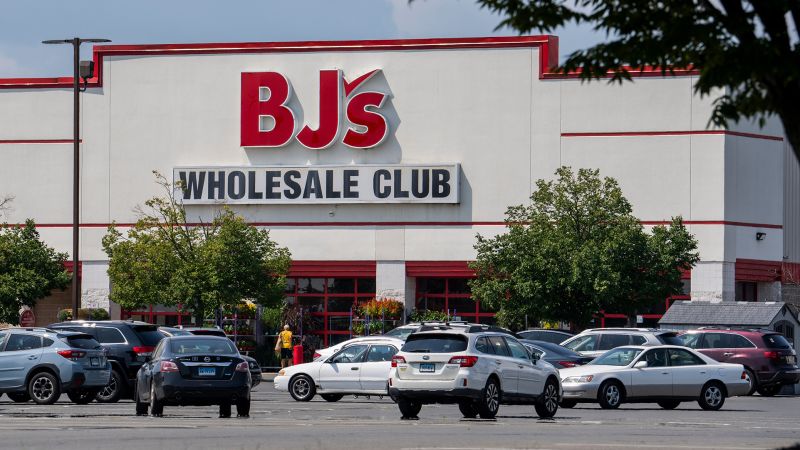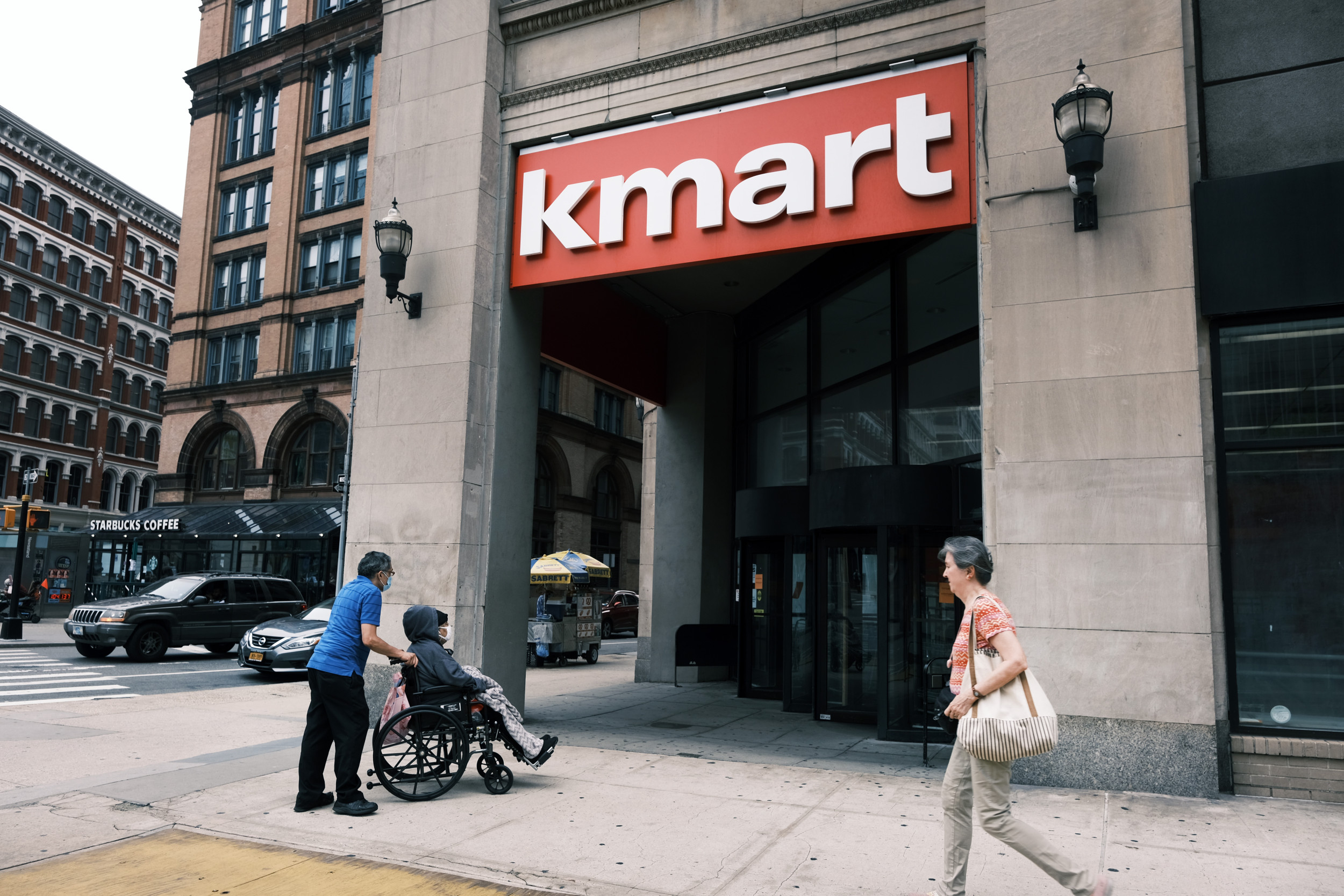The discount department store chain Kmart is closing its last full-size outlet in the United States, leaving just one reduced-size branch in the country, according to a report.
The Kmart store in Bridgehampton, in Long Island, New York, will close on October 20 after 25 years in operation, an employee told local newspaper Newsday, leaving just one reduced-size outlet in the country, in Miami.
Newsweek could not independently verify that the Bridgehampton store is closing.
More From Newsweek Vault: Best Ways to Pay for Walmart or Amazon Purchases
Newsweek has reached out to Transformco, which owns Kmart, via the contact form on its website outside of regular working hours for confirmation.
While many Kmart stores have closed over the years, its Bridgehampton branch survived for so long partly because there was limited competition in the Hamptons, according to Newsday.
Kmart was once a leading retail chain known for offering a range of products, including clothing, electronics, and homeware, at affordable prices.
At its peak in the 1990s, Kmart had around 2,500 stores across the United States, making it one of the largest discount chains in the country at the time.
More From Newsweek Vault: Checking Account vs. Savings Account: Which is Best for Your Finances?
Kmart was known for its “Blue Light Special,” where stores would announce spontaneous limited-time sales on specific items, often leading to shoppers rushing to purchase the discounted products.
“Attention Kmart shoppers”—the phrase used by employees in stores to announce a Blue Light Special—became a recognizable catchphrase often referenced in pop culture.
More From Newsweek Vault: Online Banks vs. Traditional Banks: Learn the Differences
Spencer Platt/Getty Images
However, in the following years, the chain began to struggle due to competition from companies such as Walmart and Target, which it failed to compete with partly due to its slow adoption of e-commerce and failure to modernize.
The company that would eventually become Kmart was founded in 1899 by Sebastian Spering Kresge. It was later taken over by Harry Cunningham in the 1960s, who introduced the core concept of discounted prices and oversaw the company’s expansion in the following years.
Kmart played a major role in the evolution of discount retailing in the U.S., becoming one of the first chains to offer a wide range of products at lower prices.
However, the chain began to face challenges in the coming decades, and filed for bankruptcy for the first time in 2002, closing many of its stores.
Kmart continued to struggle, and despite an $11-billion deal that merged its debt with Sears, both companies filed for bankruptcy in 2018 and dozens of their stores closed.
Despite its difficulties in the U.S., Kmart still operates in Australia, where it has hundreds of outlets.














